Keywords: Un Security Council
-
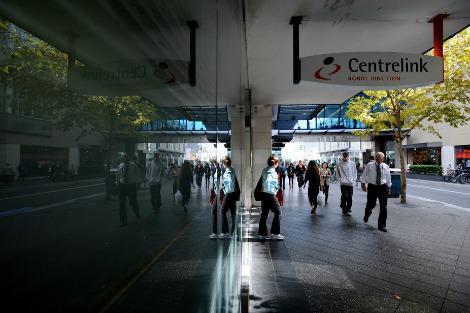
AUSTRALIA
It would be nice to believe, as the Treasurer wants us to, that better times are around the corner. But while wages stagnate and company profits surge, inequality is at its highest since the 1950s. This is not going to get any better any time soon. By 2019, the highest income earners will have received an effective tax cut of 1.5 per cent compared to all other taxpayers who will be paying an extra 0.5 per cent. For young people especially, Budget 2017 boosts inequality instead of building a better future.
READ MORE 
-
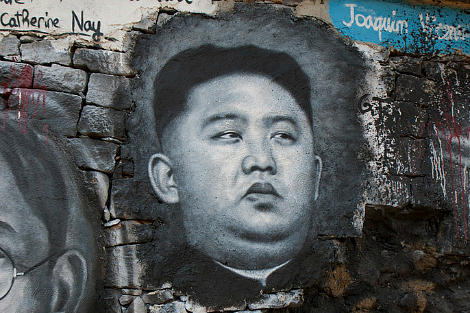
INTERNATIONAL
- Binoy Kampmark
- 19 April 2017
6 Comments
A truculent rogue in the White House fumes at an upstart rogue in Pyongyang, both fumbling away in the kindergarten of blunder and realpolitik. How do they measure up in the stakes of rogue behaviour? Even conservative commentators such as Samuel Huntington noted in 1999 that the US is 'in the eyes of many countries ... becoming a rogue superpower'. International law, for the bomb-heavy bully, is a convenient moral reference when needed, but is avoided like a leper when it becomes an impediment.
READ MORE 
-
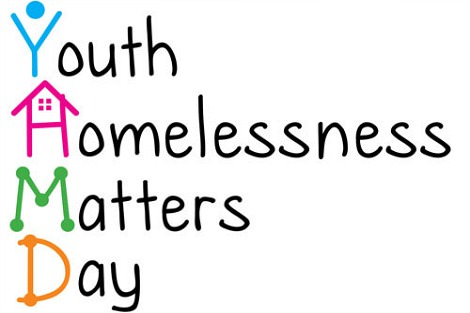
AUSTRALIA
- Andrew Hamilton
- 13 April 2017
5 Comments
Sometimes events coincide happily. At other times the coincidence rings strangely. This year Youth Homelessness Matters Day is celebrated the day before Easter Sunday: desolation confronts happiness, penury plenty, and deprivation plenitude. When events clash most sharply, they may also illuminate one another most brightly. The Easter stories invite deep reflection on home and on homelessness, on finding a home and being made to feel at home.
READ MORE 
-

INTERNATIONAL
- Binoy Kampmark
- 10 April 2017
5 Comments
Absent a Security Council resolution, the US had operated independently, adopting a policing and punitive stance against the Assad regime. 'This action,' House Speaker Paul Ryan insisted, 'was appropriate and just.' If humanitarian intervention is supposedly engineered to punish a regime in breach of obligations to protect the civilian population, it starts looking, all too often, like an act of regime change. At what point is the distinction on such matters as proportion or necessity even credible?
READ MORE 
-
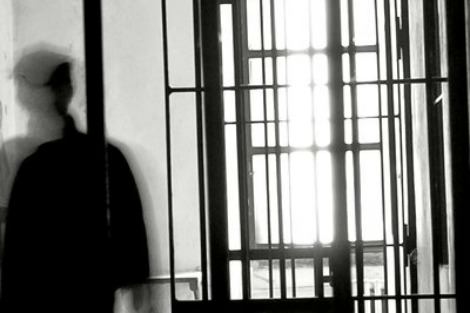
AUSTRALIA
- Terry Laidler
- 24 March 2017
12 Comments
Many of the kids in the juvenile justice system have been abused, come from dysfunctional families or state care, or have untreated behavioural or mental health problems. Warehousing them in punishing idleness and expecting passive compliance, let alone any recovery, is fanciful. I have begun to think about how we could respond to these kids in a holistic way, with a strong emphasis on prevention and diversion. These proposals relate to current the system in Victoria, but generalise easily.
READ MORE 
-

INTERNATIONAL
- Justin Glyn
- 02 February 2017
9 Comments
The right wingers who support stripping people of their visas, and separating families in the process, have a point when they say that the US government is not beginning a new persecution, but merely continuing and deepening the persecutions of their predecessors. While previous administrations were more subtle in their actions than Trump's, it is undoubtedly true that the nationals now picked for sanction were those who were already targeted for visa penalties in the Obama years.
READ MORE 
-

INTERNATIONAL
- Andrew Hamilton
- 01 February 2017
23 Comments
The shape Trump's presidency is beginning to be discernible. The likely deepening of inequality, the disregard for universal human rights and for the international and national responsibilities that flow from them, the contempt for the environment and for evidence based research, and the debasement of political speech promise a more divided society in a more divided world. In such a noisy and staccato atmosphere the beginnings of an appropriate response lie in not responding to every tweet.
READ MORE 
-

ENVIRONMENT
- Frank Brennan
- 28 November 2016
'No matter what the economic, political and legal problems confronted by modern day India, our response can be improved by an application of the key principles and norms developed in the international law of trade and human rights, helping to enunciate the realm of law, regulation and political accountability, enhancing public scrutiny providing the right environment for doing business.' Frank Brennan presents the 25th JRD Tata Oration, Xavier School of Management, Jamshedpur, India, 26 November 2016.
READ MORE
-

ENVIRONMENT
- Greg Foyster
- 21 October 2016
10 Comments
On 28 September an extreme storm lashed South Australia and the entire state lost power. How could this have happened? It's a question that has occupied the country for the last three weeks as politicians and commentators have peddled their unqualified opinions in an escalating culture war about the role of renewable energy. No one really knew what had happened until Wednesday this week, when the AEMO released its updated report. Even now, there are more questions than answers.
READ MORE 
-
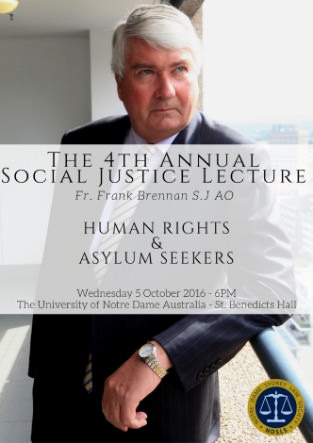
AUSTRALIA
- Frank Brennan
- 06 October 2016
8 Comments
Australia's policy is unique and unrepeatable by other nations because it requires that you be an island nation continent without asylum seekers in direct flight from the countries next door and that you have access to a couple of other neighbouring island nations which are so indigent that they will receive cash payments in exchange for warehousing asylum seekers and proven refugees, perhaps indefinitely. The policy over which Turnbull presides is not world best practice. It's a disgrace.
READ MORE
-

RELIGION
- Frank Brennan
- 23 September 2016
18 Comments
'No good will be served by a royal commission auspiced by the state telling a Church how it judges or complies with its theological doctrines and distinctive moral teachings. By all means, set universal standards of practice expected of all institutions dealing with children, but do not trespass on the holy ground of religious belief and practice.' Fr Frank Brennan SJ addresses the Freedom for Faith Conference in Melbourne, 23 September 2016.
READ MORE
-

INTERNATIONAL
- Frank Brennan
- 05 September 2016
1 Comment
'I am a Jesuit amongst Dominicans contemplating the Church's view of human rights. I am a human rights practitioner rather than a theologian, aware that human rights discourse is increasingly more universal and secular. Contemplating, preaching and enacting human rights in the 21st Century Church and World, I come asking two questions.' Frank Brennan's keynote presentation in Salamanca Spain to the International Congress of Dominicans in the Promotion and Defence of Human Rights: Past, Present, Future on the occasion of their 800th anniversary.
READ MORE